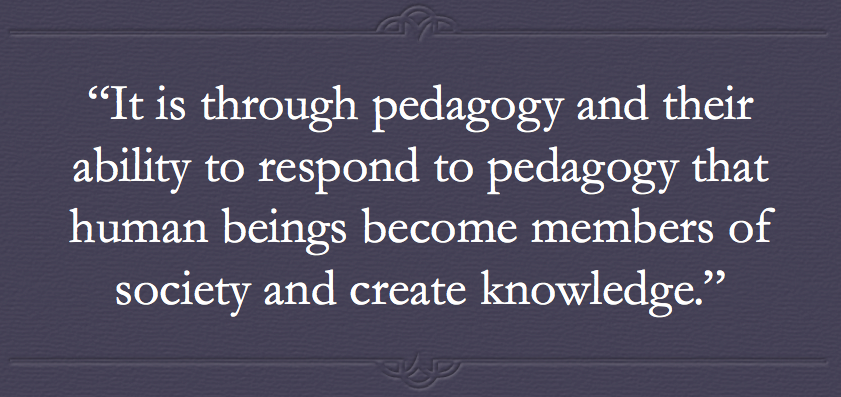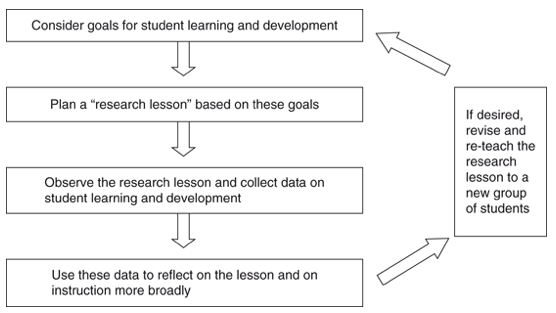Emile Durkheim is a French sociologist and is considered a ‘founding father’ of sociology as a separate field of study. Lev Vygotsky is a Russian psychologist who is the founder of a major school of developmental psychology.
Two major points common to both theorists
1. Knowledge is not in the ‘mind’ or located in the material world but in the historical development of human societies; it is the outcome of men and women acting on the world.
2. The acquisition and transmission of knowledge is central to education and to the possibilities of human societies; it is because human beings have the capacity to respond to pedagogy that they are able to create societies (and knowledge).
The above means that their theories of knowledge were also their theories of society and social change.
More commonalities between Vygotsky and Durkheim
- Both had social theories of knowledge that were closely related to their ideas of education.
- Both shared a fundamentally social-evolutionary approach to knowledge and human development.
- Both recognized that knowledge is differentiated and not a seamless web; that theoretical and everyday or context-independent and context-bound forms of knowledge have different structures and different purposes.
- Both saw formal education as the source of and condition for our capacity for generalization and our development of the higher forms of thought.
- Both recognized that the acquisition of context-independent or theoretical knowledge was the main, if not the only goal of schooling and formal education generally.
- Both recognized that human beings are fundamentally social in ways that no animals are, and both interpreted man’s social relations as fundamentally pedagogic.
Although both were creatures of Enlightenment and believed in human and social progress, Durkheim tended to look backwards for the sources of knowledge and social stability whereas Vygotsky looked forward to men and women’s potential for creating a socialist society.
Reference: Young, M. (2007). Durkheim and Vygotsky’s theories of knowledge and their implications for a critical education theory. Critical Studies in Education. Vol. 48, No.1, pp. 43-6.


